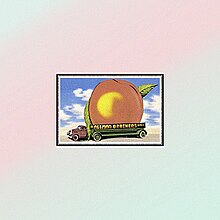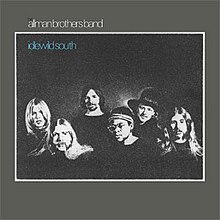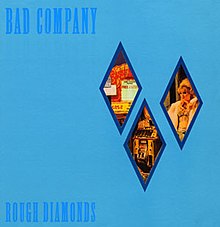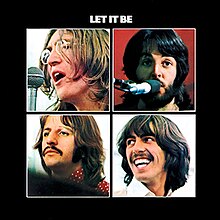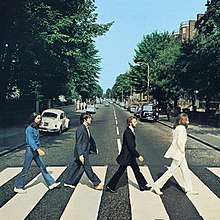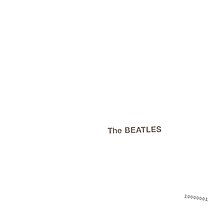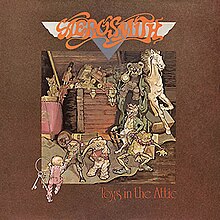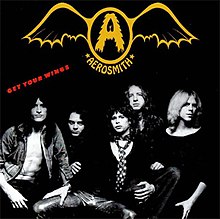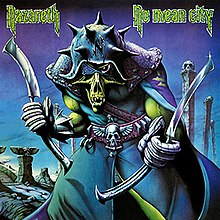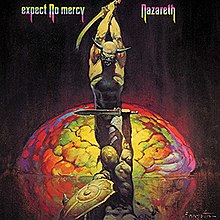01. Fox Huntin' 0:00 - 3:32
02. Lucille 3:32 - 6:30
03. Velvet Angel 6:30 - 10:05
04. The Party's Started 10:05 - 12:05
05. Momma Gonna Love You Tonight 12:05 - 14:06
06. Cannot Find My Way Home 14:06 - 17:25
07. Hell Hotel 17:25 - 21:28
08. You've Got The Way 21:28 - 24:18
09. Slow Down Tom 24:18 - 27:52
10. Dave's Song 27:52 - 31:15
11. Spencer's Corner 31:15 - 35:43
An excellent southern rock trio from the same time and bloodline as Molly Hatchet and Blackfoot, Blackhorse has became one of my favorite southern rock bands. It took me a while to find this rare gem even in file form. There is NOWHERE to buy the CD online unless you find it on eBay and even then prepare to shell out well over $100 for it. I found one in Germany, oddly, for $170. How a Texas Power Trio who barely has
any albums existing the USA manages to have one crop up in Germany, I have NO idea. But I digress.
Here is the ENTIRE album on one video so you can jam to it as if you really did own it!
(A letter if one of the band members by slim chance does read this... Great album, and if you have any copies of the album for sale, message me and I'll gladly buy one. This video is just so the people out there can learn what a great southern rock band is really about!)
Gary James (Guitar, Vocals)
Paul Anthony Middleton (Bass, Vocals)
John Teague (Drums, Vocals)
Paul Anthony Middleton (Bass, Vocals)
John Teague (Drums, Vocals)







